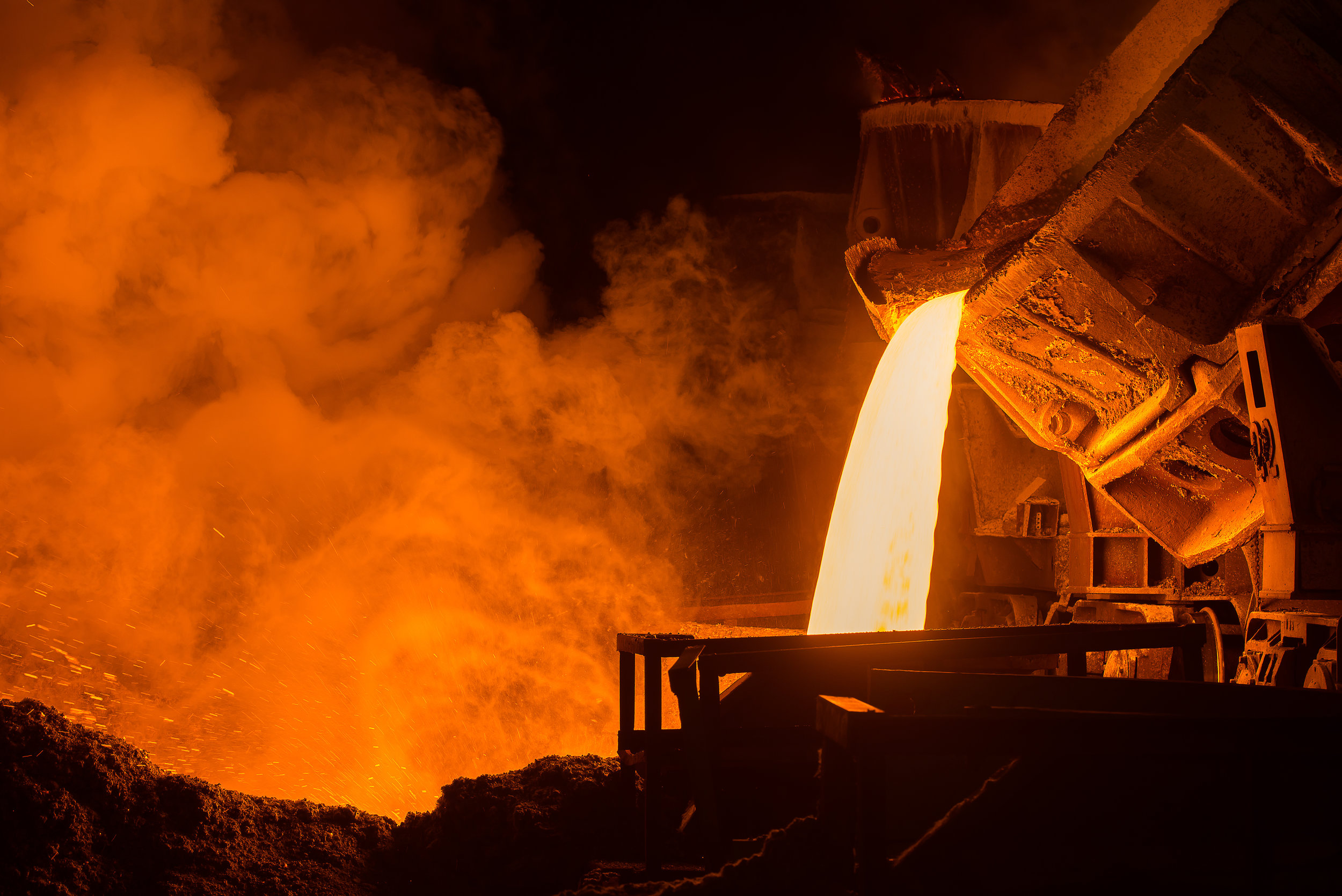
Trump got the jump on the worldwide steel industry when he decided, in 2018, to protect American steel interests by imposing 180 tariffs on imported steel. The steel pigeons immediately lifted off with a clatter and touched down in Europe threatening to collapse the European steel industry.
Every achievement Trump claims meets with opposition, both in America and abroad, and opinion on the strength of the US steel industry is no exception.
“Trump singled out the steel industry as a “miracle,” saying the sector was now “thriving” despite being “practically out of business when I came in to office as president,” says one. “I don’t think it’s valid to say that it’s come roaring back. It hasn’t. It’s stopped falling,” says another.
“Profitability has increased, but this hasn’t meant that tens of thousands of American steel workers suddenly have a job. Over the course of the Trump presidency, you’re looking at an increase of about 4,000 jobs. For an industry that has somewhere between 80,000 and 140,000 employees… it is positive, but at the great expense of other sectors.”
NBC News
Whatever. Americans can count their blessings because they are far, far better off than their steel processing counterparts in Europe. Mr Axel Eggert, Director General of the European Steel Association (EUROFER) sounds the warning:
“There has been a sudden and markedly negative shift in the prospects of the European steel industry in recent months – and the terrible consequences are plain to see. We have seen announcements of actual or potential plant closures in several EU member states over the past few weeks. The bill of direct jobs immediately at risk exceeds 10,000. Given the EU steel industry’s multiplier effect, the loss of indirect employment in the supply chain could top 100,000.”
“This is an acute crisis, reinforced by chronic underlying problems in the global steel market. European steel companies and their employees’ livelihoods are now actively threatened as a result. We need urgent action from policy makers to arrest what otherwise will become a precipitous decline.”
“EU policy makers can and must act now to revise the system in such a way that surges of imports are stamped out. An emergency meeting between the EU institutions and our sector is crucial to finding swift solutions to end this crisis before things gets worse than they already are.”
America is fortunate to have a very good business head dictating trade terms, unlike their European counterparts at the mercy of policy boffins committees who dictate the terms of trade for individual member countries. We can’t breathe a sigh of relief either, because our paltry industries are also at risk under the auspices of a leader with no business head at all.
“In 2018 the EU put in place a safeguard measure designed to guard against import surges. However, it has not worked as intended. To become effective, it needs to be revised, urgently, so that the market is not further distorted.”
But it’s not just the Brussels’ boffins inability to stamp out surges of imported steel, Europe is also being stabbed by the pointy end of the cost of greening the planet.
The cost of carbon is now five times higher than at the beginning of 2018 and is borne by EU steel producers but not by imports of steel into the EU.
Ain’t idealism grand! Buying carbon credits is like the swear jar in the office in days gone by. If a cuss word passed your lips you dropped a dollar in the jar. It didn’t actually stop swearing, and does anyone know who pocketed the money?
The greenies were insistent that forcing us to buy carbon credits will save the planet. Hitting us in the pocket will make us think twice, but is it actually working? Will greenies abandon their toasters and coffee makers to save the planet? What about their electric cars and bicycles made of steel?
Steel is produced in a steel furnace and nearly all new steel is produced using iron oxide and coking coal – the same high grade coking coal that Pike River Mine hoped to supply.
The moral of this story is when the bottom falls out of the European steel industry we can point at the short sighted boffins and greenies who made it happen and say “told you so!”

